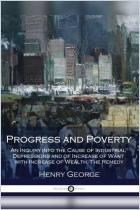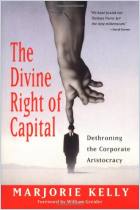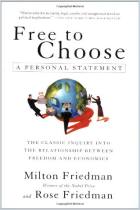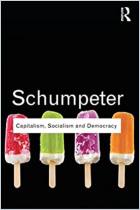
The Gospel of Wealth
Recommendation
Considering that Andrew Carnegie (1835-1919) was among the richest men in American history, his unabashed support for the capitalist system is easy to understand. A Scottish immigrant to the US, Carnegie amassed his vast fortune primarily in the steel industry in the late 1800s. By the time he sold the Carnegie Steel Company in 1901, it was worth more than $400 million in today’s dollars, according to the Carnegie Foundation. He dedicated the rest of his life to philanthropic causes. In 1889, the North American Review published Carnegie’s treatise on the moral obligation of the rich to use their money to benefit society. Though brief, this essay is brimful of Carnegie’s wisdom, instinct and foresight. Carnegie believed that the law of competition is the foundation of a capitalist society. Consequently, he said only a select few top competitors could – and should – control the largest proportions of wealth. Needless to say, this is not necessarily a politically correct viewpoint in all corners of today’s world, but Carnegie implored the super-rich of his era to recognize and embrace their inherent obligation to use their wealth for philanthropy. He practiced what he preached: During his lifetime he donated more than $350 million to a variety of causes, including the establishment of numerous libraries and Carnegie Mellon University. Though applying the ideas of this wealthy, charitable son of the 19th century to society in the 21st century is challenging, getAbstract recommends Carnegie’s historic perspective. His views of capitalism, philanthropy, and human nature remain rooted in sincerity and in an understanding of the value of a dollar, particularly a dollar put to a good cause.
Summary
About the Author
Andrew Carnegie was a mogul in the US’s steel industry in the 19th century and became the nation’s richest man. A renowned philanthropist, he donated some $350 million to build public libraries and educational institutions, including Carnegie Mellon University.
















Comment on this summary or Démarrer une discussion